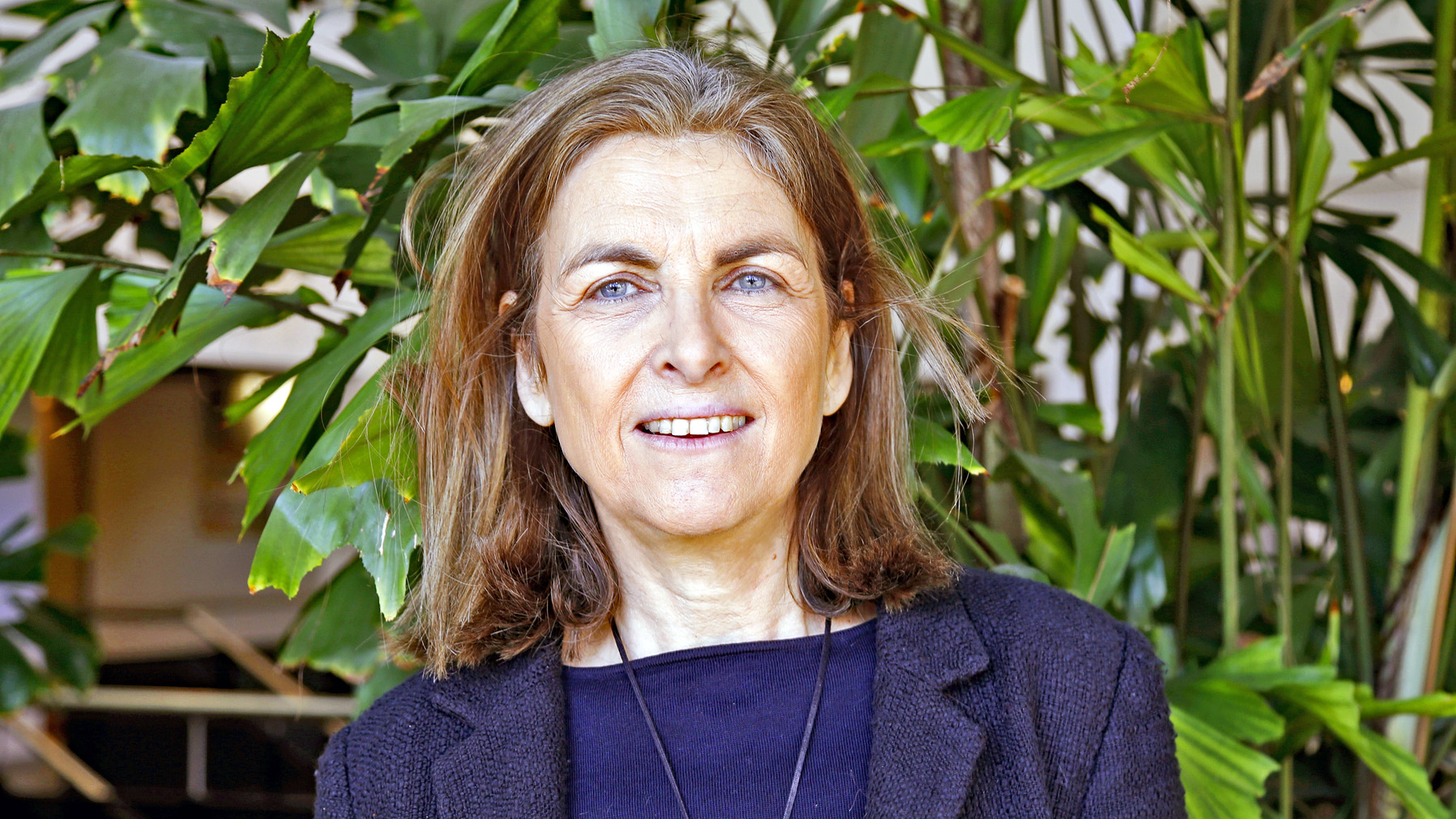Interview with Prof. Irini Tsamadou-Jacoberger, Vice-President for International Relations, University of Strasbourg

France is currently going through the Coronavirus crisis. What are the main challenges your university should highlight in this context?
Continuing to carry out its missions, responding to the difficulties of the entire university community (students, young researchers, teacher-researchers, administrative staff), adapting to the new reality, preparing for the next school year for the research laboratories and the faculties; these are the challenges facing the University of Strasbourg as a result of the constraints imposed on us by the covid pandemic 19.
What solutions did your university find for responding to this situation? Did they all work?
Teleworking and remote work meetings enabled the University to adapt to this unprecedented situation and to ensure it continued its work. We have set up facilities available to all our students. Action has been taken to address the challenges they currently face, be they of an educational, financial, psychological or medical nature. Measures have been implemented to ensure educational continuity remotely, thanks in particular to the provision of online courses, videoconferencing and virtual meetings. The psychological support cell and the continuity of consultations and medical care offered to students and staff make it possible for all to have a better experience of confinement and to fight against isolation.
The commitment of the entire university community, but also, with regard to some actions, the joint involvement of the University of Strasbourg with its partners such as the Fondation de l’Université, the city of Strasbourg, the Euro-metropolis, the CROUS or student associations help us respond as well as possible to the difficulties related to emerging from the crisis and to envisaging the start of the next school year this September.
The exams are coming up, how will this situation be handled?
The faculties of the University of Strasbourg have put in place measures to ensure the continuity of teaching and the quality of student evaluation. The evaluation criteria have been revised for better adapting to the exceptional situation we are facing. Alternatives have been proposed for ensuring exams are carried out remotely under the right conditions.
How do you deal with international students?
The University of Strasbourg welcomes more than 52,000 students, 20% of whom are international students, comprising 150 different nationalities. The University of Strasbourg's International Relations have proactively managed the crisis as well as possible and have supported approximately 2300 students this semester: those from Strasbourg leaving to study abroad and foreign students coming to Strasbourg.
We have set up an emergency monitoring unit operating seven days a week to maintain contact with our international students, evaluate their situation and respond on an individual basis to their questions on repatriation to Strasbourg or, for foreign students, on their return to their country. We are also in contact with the joint covid-19 crisis venture comprising Ministries of Higher Education and Foreign Affairs, as well as with French embassies and consulates abroad, to resolve the most complex cases together.
In these uncertain times, we are looking at how the new school year will unfold, with particular regard to our international students. In this context, we have to ensure students on mobility programmes as from September 2020 at the University of Strasbourg are interculturally prepared. We have made available to them the documentary "The Children of Erasmus" and organised a series of virtual meetings with students who have benefited from international mobility.



